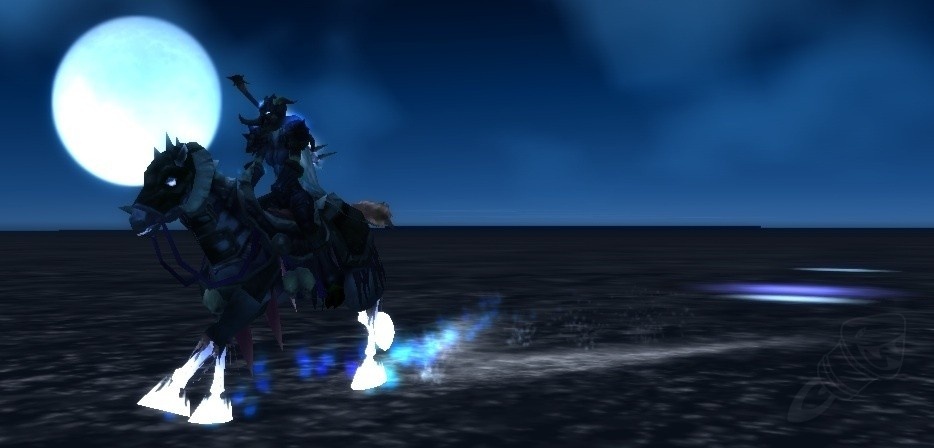NPR’s sites use cookies, similar tracking and storage technologies, and information about the device you use to access our sites (together, “cookies”) to enhance your viewing, listening and user experience, personalize content, personalize messages from NPR’s sponsors, provide social media features, and analyze NPR’s traffic. This information is shared with social media, sponsorship, analytics, and other vendors or service providers. See details.
Rune Tap is no longer a Talent and will be learned by all Blood Death Knights at level 19. Additionally, Rune Tap has two charges and the global cooldown is removed. Death and Decay damage has been increased by 25%. Death Strike damage has been increased by 21%. The following Talents have been adjusted.
- How does DR (damage reduction) interact with magical effects that deal bludgeoning, piercing, or slashing damage? Although the definition of damage reduction says “The creature takes normal damage from energy attacks (even non-magical ones), spells, spell-like abilities, and supernatural abilities,” that’s actually just referring to damage that isn’t specifically called out as being of.
- If your backache is a result of muscle strain, draw a bath with epsom salts to reduce muscle tension, and take a muscle relaxant or ibuprofen. If you have a joint sprain, rest and ice the affected area to reduce swelling. If you still have a backache, read on for tips from our Medical reviewer on treating chronic back pain.
- Starting a death knight is a little different to starting a character of most other classes. As a hero class, death knights do not start at level 1, instead starting at level 8. Death knights also do not spawn at their corresponding racial starting area, but instead in a necropolis in an.
- I have not built a death platform to test, but I have seen them atop my tallest buildings, but so far no lemming dives. (Damn dogs do it all the time though!!!) I'm fairly certain mobs have always been wary of ledges and very infrequently perform a lemming dive.
You may click on “Your Choices” below to learn about and use cookie management tools to limit use of cookies when you visit NPR’s sites. You can adjust your cookie choices in those tools at any time. If you click “Agree and Continue” below, you acknowledge that your cookie choices in those tools will be respected and that you otherwise agree to the use of cookies on NPR’s sites.
Anyone can have a fall, but older people are more vulnerable and likely to fall, especially if they have a long-term health condition. Chetan bhagat books online free.
Falls are a common, but often overlooked, cause of injury. Around 1 in 3 adults over 65 who live at home will have at least one fall a year, and about half of these will have more frequent falls.

Most falls do not result in serious injury. But there's always a risk that a fall could lead to broken bones, and it can cause the person to lose confidence, become withdrawn, and feel as if they have lost their independence.
What should I do if I fall?
If you have a fall, it's important to keep calm. If you're not hurt and you feel strong enough to get up, don't get up quickly.
Roll on to your hands and knees and look for a stable piece of furniture, such as a chair or bed.
Hold on to the furniture with both hands to support yourself and, when you feel ready, slowly get up. Sit down and rest for a while before carrying on with your daily activities.
If you're hurt or unable to get up, try to get someone's attention by calling out for help, banging on the wall or floor, or using your aid call button (if you have one). If possible, crawl to a telephone and dial 999 to ask for an ambulance.

Try to reach something warm, such as a blanket or dressing gown, to put over you, particularly your legs and feet. Chronic disease program manager.
Stay as comfortable as possible and try to change your position at least once every half an hour or so.
If you're living with or caring for an elderly person, see what to do after an incident for more information and advice.
What causes a fall?
The natural ageing process means that older people have an increased risk of having a fall.
In the UK, falls are the most common cause of injury related deaths in people over the age of 75.
Older people are more likely to have a fall because they may have:
- balance problems and muscle weakness
- a long-term health condition, such as heart disease, dementia or low blood pressure (hypotension), which can lead to dizziness and a brief loss of consciousness
A fall is also more likely to happen if:
- floors are wet, such as in the bathroom, or recently polished
- the lighting in the room is dim
- rugs or carpets are not properly secured
- the person reaches for storage areas, such as a cupboard, or is going down stairs
- the person is rushing to get to the toilet during the day or at night
Another common cause of falls, particularly among older men, is falling from a ladder while carrying out home maintenance work.

In older people, falls can be particularly problematic because osteoporosis is a fairly common problem.
It can develop in both men and women, particularly in people who smoke, drink excessive amounts of alcohol, take steroid medication, or have a family history of hip fractures. Biological change unit miss e. mac's class c.
But older women are most at risk because osteoporosis is often associated with the hormonal changes that occur during the menopause.
Preventing a fall

There are several simple measures that can help prevent falls in the home.
For example:
- using non-slip mats in the bathroom
- mopping up spills to prevent wet, slippery floors
- ensuring all rooms, passages and staircases are well lit
- removing clutter
- getting help lifting or moving items that are heavy or difficult to lift
The charity Age UK has more advice about how to make tasks easier around the home.
Healthcare professionals take falls in older people very seriously because of the huge consequences they can have for the health and wellbeing of this group.
As a result, there's a great deal of help and support available for older people, and it's worth asking your GP about the various options.
Your GP may carry out some simple tests to check your balance. They can also review any medicines you're taking in case their side effects may increase your risk of falling.
Your GP may also recommend:
- having a sight test if you're having problems with your vision, even if you already wear glasses
- having an ECG and checking your blood pressure while lying and standing
- requesting a home hazard assessment, where a healthcare professional visits your home to identify potential hazards and give advice
- doing exercises to improve your strength and balance (read about exercise for older adults)
Read more about preventing falls.
Information:Social care and support guide
If you:
- need help with day-to-day living because of illness or disability
- care for someone regularly because they're ill, elderly or disabled - including family members
Our guide to care and support explains your options and where you can get support.
Do Death Knights Have A Way To Reduce Fall Dmg Treatment
Page last reviewed: 24 April 2018
Next review due: 24 April 2021
